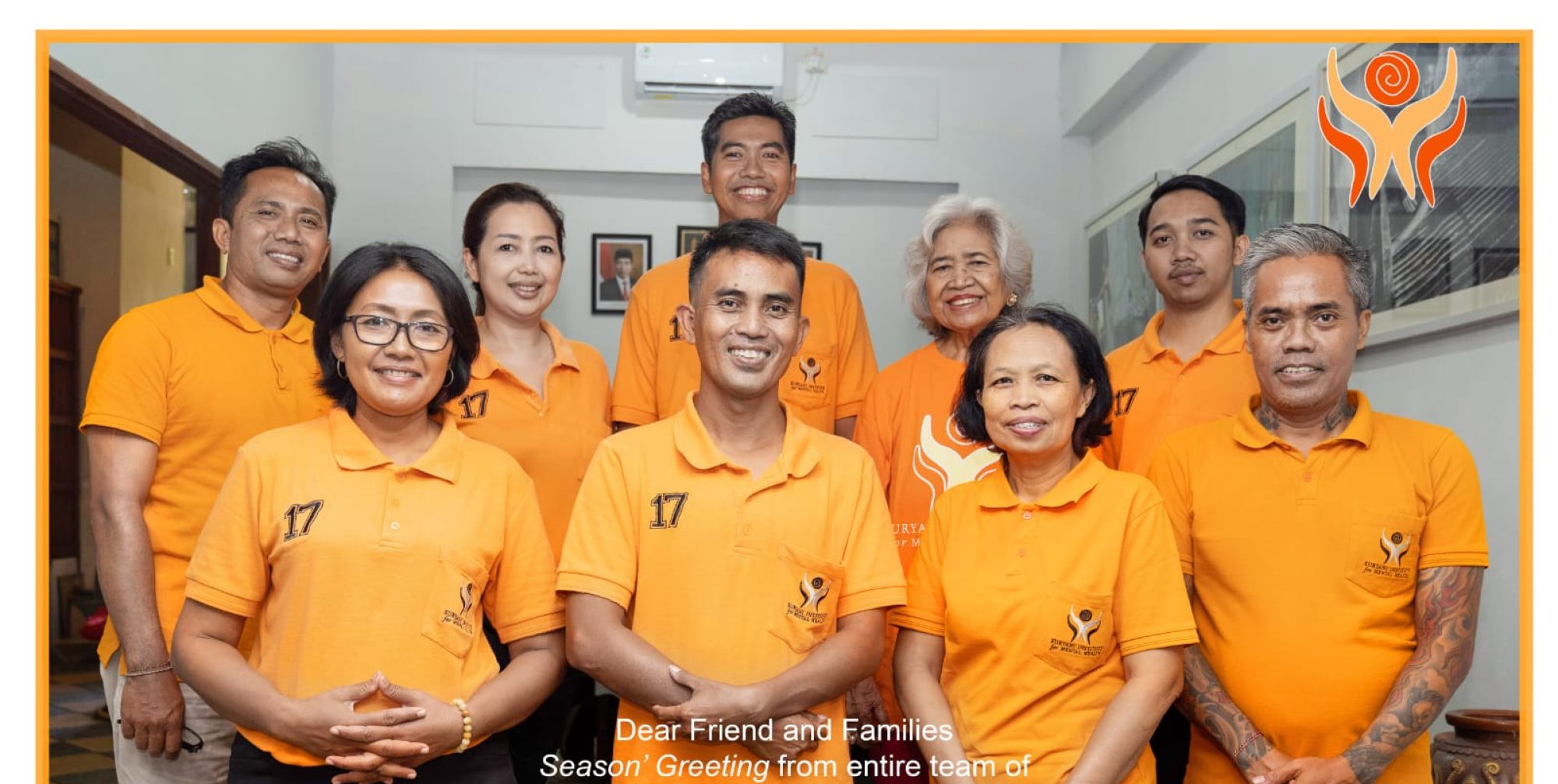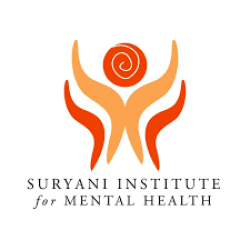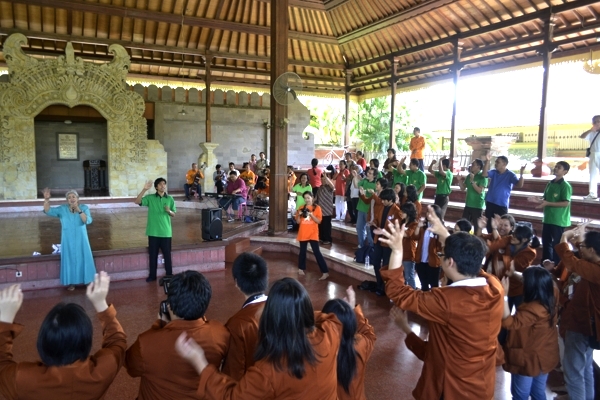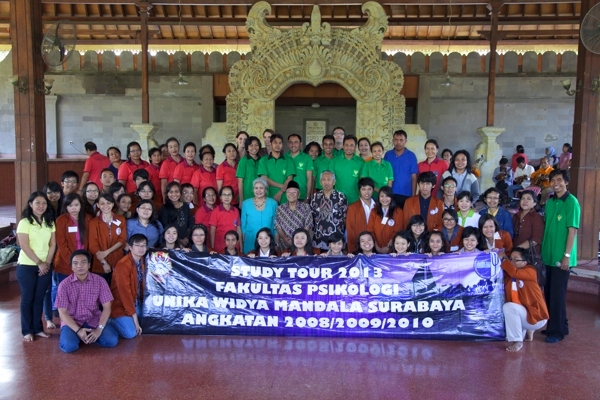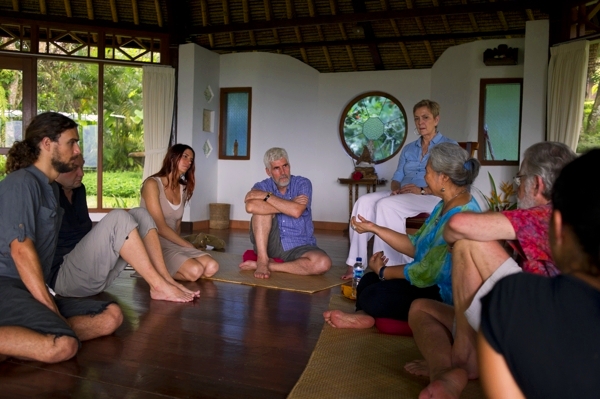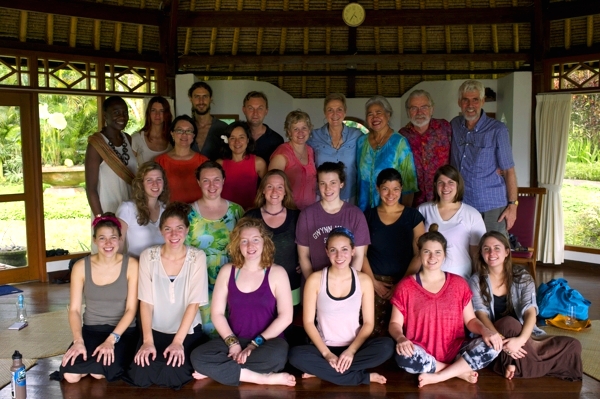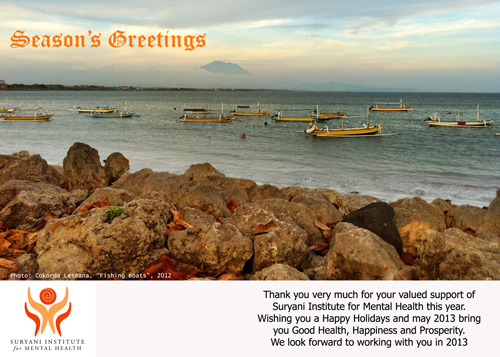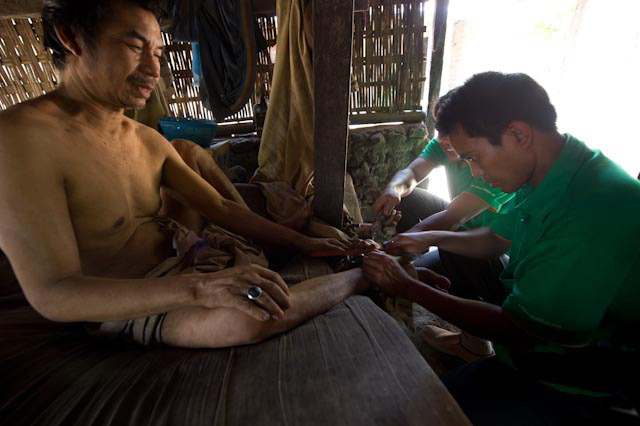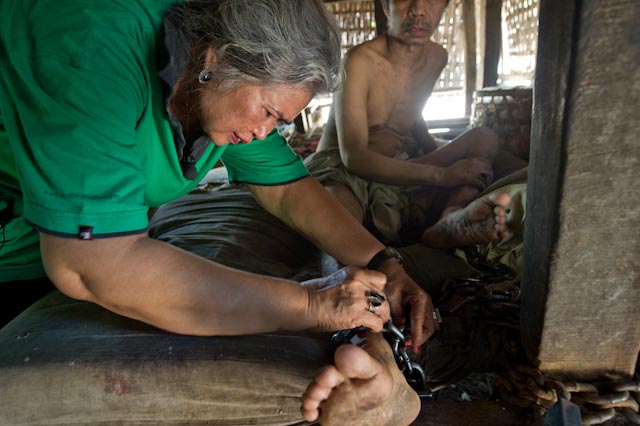The Suryani Institute for Mental Health were known for their community-based mental health intervention. The innovative method, which coined the “biopyschospirit-sociocultural” approach to psychiatry. It combines meditation and spiritualism with modern psychological tools and practices. This unique approach starts to attract attention from School of Psychology at Widya Mandaya University (UWM), Surabaya. After their first visit to the institute in 2012, the school continue their collaboration by sending more students and faculty members to learn more about community-based mental health intervention.
“We bring 80 psychology students and 4 faculty members to learn from first hand about the unique method of community-based mental health”, said Yuni Apsari, M.Si, Psi during the meeting with the Suryani Institute on 10 Jan, at their community campus, Wantilan DPRD Bali.
During the meeting, the Director of International Relationship of Suryani Institute, Dr Niko Tiliopoulos were giving an inspiring thought on how to share the passion and compassion to people with mental illness in low and middle income country (LAMIC) such as Indonesia. “I am surprised that school of psychology from Java willing to come to Bali to learn about this unique approach while the psychology school here in Bali never wants to learn about this amazing work on dealing with large number of people suffering from mental illness in the community”, said Dr Niko during his talk. Professor Luh Ketut Suryani and Dr Cokorda Lesmana also participate on the meeting.
